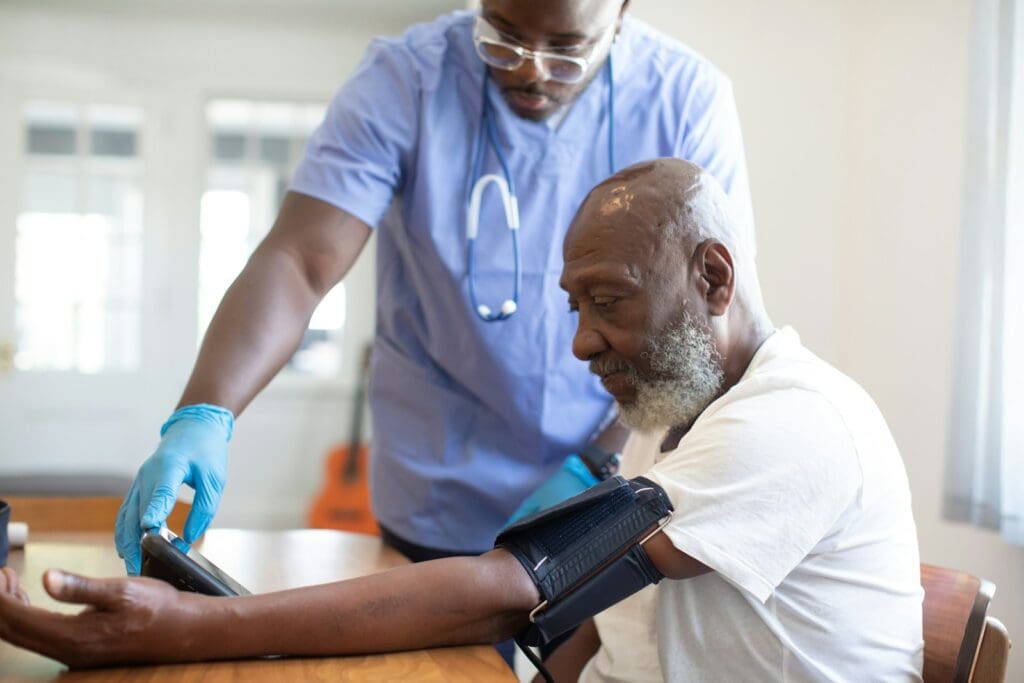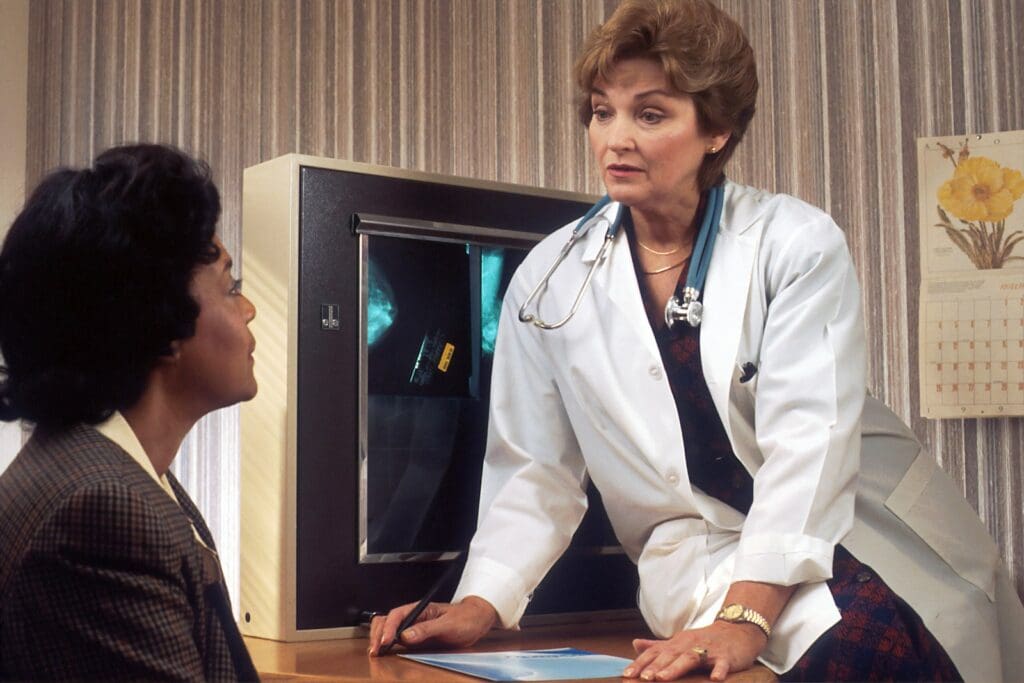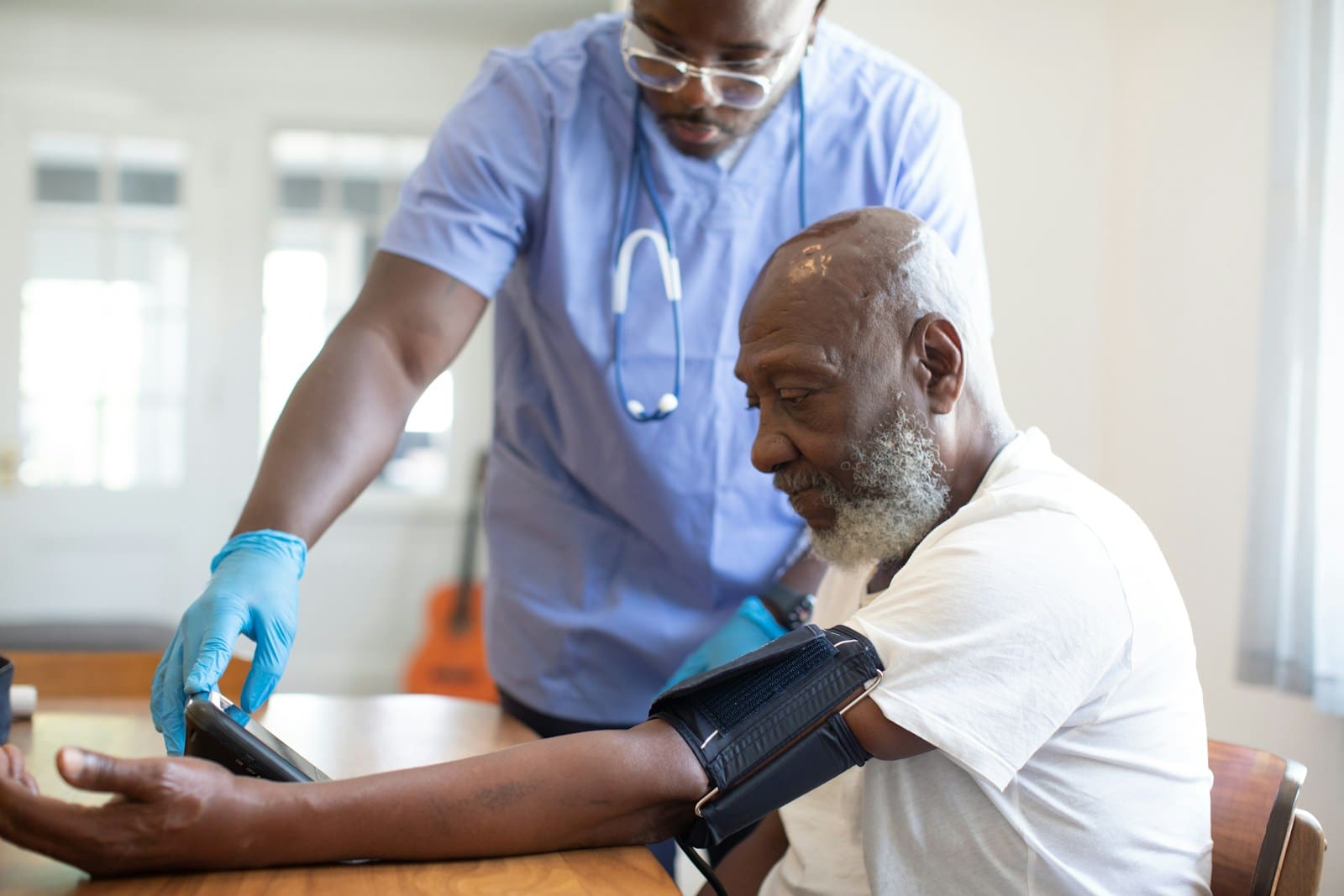Navigating the complexities of healthcare can be daunting, but by understanding which questions to ask, you can take charge of your health journey. From mental wellness and alternative therapies to the importance of family medical history and necessary health screenings, an informed patient is an empowered one.
This article provides you with the essential questions to discuss with your healthcare provider to ensure you receive comprehensive and personalized care that addresses all aspects of your well-being.
10. What resources are available if I need additional support or information?

Doctors can provide valuable resources beyond the exam room. Ask about support groups, educational materials, and reputable online sources specific to your condition. Many hospitals offer patient navigators, social workers, and financial counselors to assist with various aspects of your care. Don’t hesitate to inquire about these services to enhance your overall healthcare experience.
9. How can I improve my mental health and reduce stress?

Engage in regular physical activity, practice mindfulness meditation, and maintain a balanced diet. Prioritize sleep hygiene and cultivate social connections. Consider cognitive behavioral therapy or stress-reduction techniques like progressive muscle relaxation. Don’t hesitate to discuss mental health concerns with your doctor, as they can provide personalized strategies or referrals to specialists.
8. Are there any alternative or complementary therapies I should consider?

Complementary therapies like acupuncture, yoga, and meditation are gaining popularity. A recent NIH analysis shows that 36.7% of U.S. adults used at least one complementary health approach in 2022, up from 19.2% in 2002. Discuss potential benefits and risks with your doctor to integrate these therapies safely into your treatment plan.
7. What are the pros and cons of this treatment/procedure?

Always ask your doctor about the advantages and potential drawbacks of any recommended treatment. For example, with Rezum treatment for BPH, pros include minimal invasiveness and preserved sexual function, while cons include temporary catheterization and potential discomfort. Understanding these factors helps you make informed decisions about your healthcare.
6. How can I better manage my chronic conditions?

Discuss developing a personalized chronic disease management plan with your doctor. Ask about lifestyle modifications, medication adherence strategies, and potential new treatments. Inquire about remote monitoring options and support groups to help you stay on track with your health goals. Regular check-ins and proactive management can significantly improve your quality of life.
5. Should I be concerned about my family medical history?

Your family health history is crucial for assessing your risk of certain conditions. Genes, shared environments, and lifestyle habits can all play a role. Discuss your family’s medical history with your doctor, as it can help identify potential health risks and guide preventive measures or early screening options.
4. What lifestyle changes would benefit me most?

Asking about personalized lifestyle modifications can significantly impact your health. Your doctor can recommend specific changes tailored to your health status, such as adopting a Mediterranean diet, increasing physical activity, improving sleep habits, or managing stress. These adjustments can help prevent chronic diseases and improve overall well-being.
3. Are my medications still necessary and working effectively?

Regularly reviewing your medications with your doctor is crucial. As your health changes, some prescriptions may become unnecessary or less effective. Discuss potential side effects, interactions, and whether there are newer or better alternatives available. This conversation can help optimize your treatment plan and potentially reduce medication burden.
Read More: 30 Reasons Why Everyone Needs A Therapist
2. How can I improve my overall health and reduce disease risk?

Focus on a balanced diet rich in fruits, vegetables, and whole grains. Engage in regular physical activity, aiming for at least 150 minutes of moderate exercise weekly. Maintain a healthy weight, avoid smoking, limit alcohol intake, and manage stress through relaxation techniques. Regular check-ups and screenings are crucial for early detection and prevention of diseases.
Read More: 20 Ways to Save Money on Healthcare
1. What screenings or tests do I need at my age?

Regular health screenings are crucial for early detection and prevention of diseases. Recommended tests vary by age, gender, and individual risk factors. For example, adults over 45 should consider colorectal cancer screening, while women 40+ may need mammograms. Ask your doctor about age-appropriate screenings to stay proactive about your health.
Read More: 30 Countries With Great Healthcare Systems








